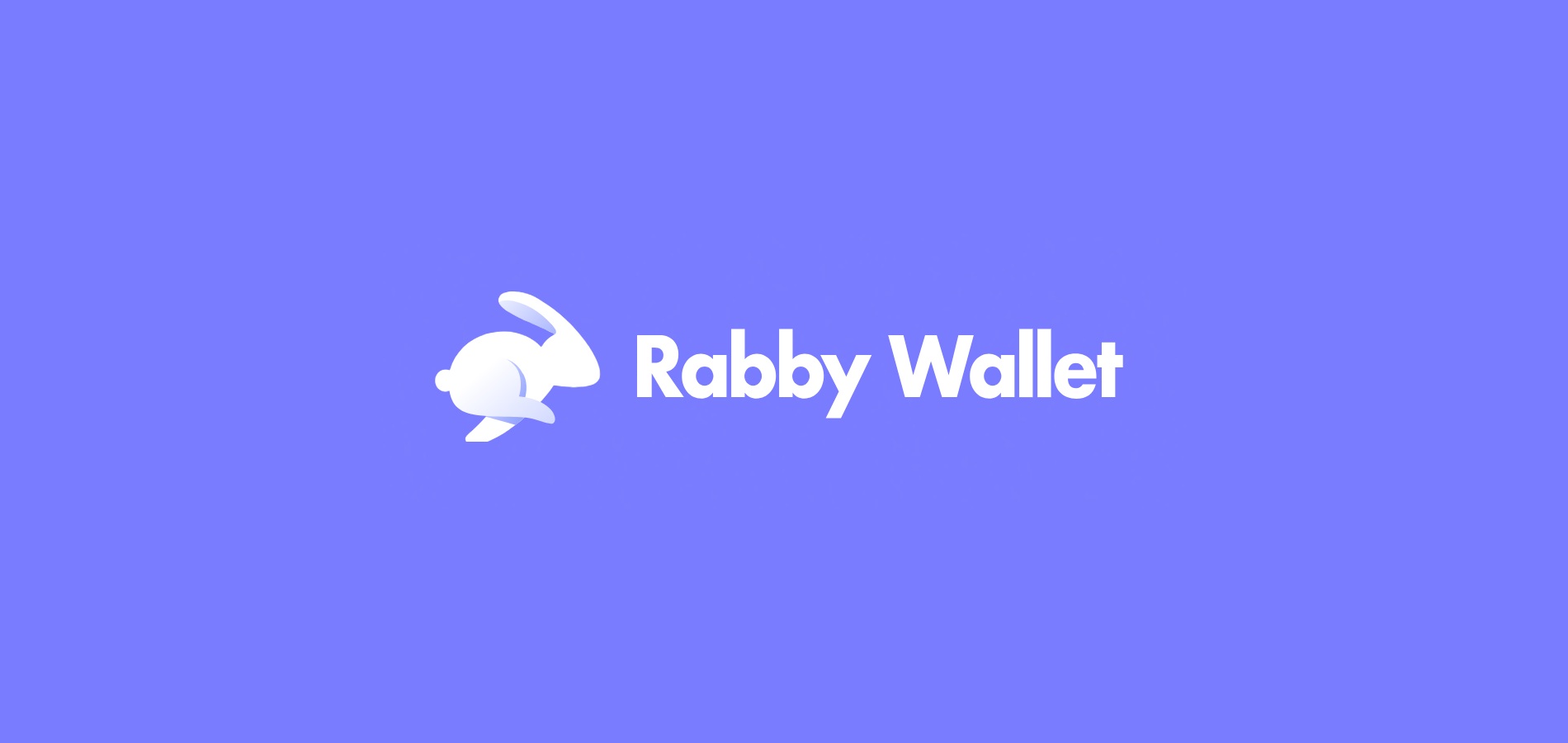Ever sent a transaction and thought, “Wow, that gas fee just blew up my plans”? Yeah, been there. Seriously, navigating the DeFi world without optimizing gas is like leaving your wallet open at a barbecue—someone’s gonna take a bite. But here’s the kicker: with so many chains and wallets out there, finding one that balances security, usability, and multi-chain flexibility feels like hunting for a needle in a haystack.
At first, I assumed all wallets were basically the same under the hood—just different UI skins. But nah, when I dove deeper, things got wild. Gas optimization isn’t just about saving a few bucks; it heavily impacts how users interact with decentralized apps daily, especially when you’re juggling Ethereum, Binance Smart Chain, Polygon, and a bunch more.
Okay, so check this out—this is where the rabby wallet extension really caught my eye. It’s not just another multi-chain wallet; it’s a tool that tries to tackle both gas headaches and security potholes simultaneously. And that combo? Way more rare than you’d think.
Here’s the thing. Gas prices fluctuate like crazy. Sometimes you’re paying peanuts, other times it feels like you need a small loan just to approve a token swap. That’s frustrating for anyone, but especially for DeFi users hopping between chains. My instinct said there had to be a smarter way to handle this. Spoiler: there is.
But let me not get ahead of myself. First, let’s unpack why gas optimization even matters so much in DeFi and how it ties into security.
The Gas Fee Puzzle: More Than Just a Price Tag
Gas fees are those little charges you pay to miners or validators for processing your transaction. Simple, right? Well, not quite. On networks like Ethereum, these fees can spike dramatically during congestion. But here’s what bugs me: many wallets just passively show the fee and don’t help users navigate or reduce it.
At some point, I realized that just looking at gas prices in isolation is short-sighted. The real trick is how wallets manage transaction batching, gas price suggestions, and even timing your sends when fees are lower. This is where wallets like Rabby come in, offering dynamic gas fee adjustments and optimizations that can save you a chunk of ETH over time.
But hang on—there’s a catch. Optimizing gas doesn’t mean you should blindly pick the lowest fee. Too low, and your transaction hangs or fails, costing you more in the long run. The balance is delicate, and a wallet that understands this balance can make your DeFi life much smoother.
Now, imagine juggling this across multiple chains. Each chain has its own gas model and quirks. Managing this manually? A nightmare. That’s why multi-chain wallets that handle gas optimization intelligently are a game-changer.
Oh, and by the way, some wallets also let you set custom gas limits or switch fee tokens where supported, which adds even more flexibility. Not every wallet offers this level of control, which is frustrating for power users.
Security: The Silent Partner in Gas Optimization
So, I get it—gas fees are annoying. But here’s where things get serious. Poor security can cost you way more than gas. I’ve seen people lose thousands because their wallet didn’t warn them about phishing attempts or approve transactions blindly.
Initially, I thought optimizing gas and security were separate concerns. But then, I realized they’re intertwined. For example, a wallet that aggressively auto-adjusts gas might open doors for malicious contracts if not properly vetted. Or worse, confusing UI during fee adjustments can trick users into approving dangerous transactions.
Rabby wallet extension shines here by combining gas optimization with real-time security alerts. It monitors transaction risks and warns users if something smells fishy. I’m biased, but this proactive approach to security while handling gas settings is very very important.
Not all wallets do this. Some just look pretty but leave you vulnerable to scams or expensive mistakes. DeFi is wild enough without your wallet making it worse.
Also, multi-chain support complicates security because each blockchain has different attack vectors. Having one extension that adapts to all of them and still keeps you safe? That’s impressive.

Multi-Chain Wallets: Convenience Meets Complexity
Whoa! Managing multiple wallets for each chain is exhausting. I tried it for a bit, but switching back and forth felt like juggling flaming swords. The ideal? One wallet that handles multiple chains seamlessly, with consistent security and gas strategies.
Rabby wallet extension does this pretty well. It supports Ethereum, BSC, Polygon, Arbitrum, and others, all in one place. Plus, it integrates smart gas suggestions tailored per chain, which is a lifesaver. But wait—does that mean it’s flawless? Nope.
On one hand, multi-chain wallets simplify asset management. Though actually, they introduce new risks. Cross-chain interactions can be tricky; if the wallet’s UI isn’t clear, you might approve a transaction on the wrong chain or with the wrong parameters.
Something felt off about a few multi-chain wallets I tested, where gas fees were shown generically without context. Rabby’s approach to chain-specific gas and explicit transaction details reduces confusion, though I’m not 100% sure it’s perfect yet.
Still, I appreciate how it merges convenience with smart gas controls without sacrificing safety. It’s a delicate balance few wallets nail.
Why I Recommend Checking Out Rabby Wallet Extension
So, if you’re deep into DeFi and tired of gas fees eating your profits while juggling multiple chains, I’d say give this wallet a shot. The rabby wallet extension isn’t just another browser extension—it’s a practical tool that brings together gas optimization, multi-chain support, and security in a way I haven’t seen often.
It’s not perfect, sure. Sometimes the gas estimations can still be off during network spikes, and the user interface could be smoother. But for what it offers, especially for those who want to avoid switching wallets constantly, it’s very very useful.
Plus, it’s open source, which adds a layer of trust in a space where trust is gold. Honestly, this part matters a lot to me; I’m wary of closed-source wallets trying to be too clever.
Anyway, this wallet saved me from multiple high-fee transactions and potential scams. If you’re like me, always trying to squeeze a bit more efficiency and security out of your DeFi activity, it’s worth a look.
And hey, if you try it out, let me know what you think. I’m always curious about real-world experiences beyond the hype.
Frequently Asked Questions
How does Rabby Wallet optimize gas fees?
Rabby analyzes current network conditions and suggests gas prices that balance speed and cost. It also allows users to customize gas settings per transaction and supports batching on some chains, saving both time and money.
Is Rabby safe for multi-chain use?
Yes, it incorporates real-time security alerts and transaction risk assessments tailored to each supported blockchain, making it a safer choice for managing assets across multiple chains.
Can I use Rabby Wallet on all major browsers?
Rabby is primarily designed as a browser extension compatible with popular browsers like Chrome and Firefox, making it accessible for most users.
